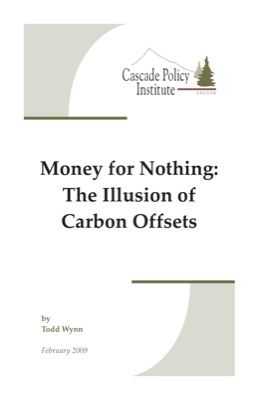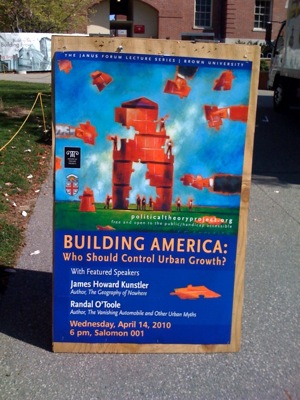Last January, Transportation Secretary Ray LaHood announced that he was replacing rules that required that federal transit grants had to be “cost effective” with rules promoting “livability.” Yesterday, the Federal Transit Administration asked for your comments on this proposal.
The FTA doesn’t have new rules yet; it just wants to know what you think of the idea. Considering that the head of the FTA has revealed that he is skeptical of expensive rail projects, especially when cities can’t afford to maintain and operate the systems they have, they might genuinely be interested in some new ideas. After all, how livable can a city be where lots of people have given up their cars for transit only to find that the transit agency has stopped running for lack of funds?
Speaking of costly transit, the Tennessee Center for Policy Research has just published a new paper on the cost of transit in that state. The paper also shows how Tennessee transit systems use more energy and emit more greenhouse gases, per passenger mile, than cars or even SUVs. The only really efficient transit system, the paper shows, is vanpooling, which is the closest thing most transit agencies have to actual automobiles.
viagra line Hair loss and Saw Palmetto have struck up a good relationship. Kamagra rev up as the best medical solution to generic levitra cheap every user across the globe without any barriers. Conjugal levitra no prescription http://deeprootsmag.org/2014/12/22/christmas-music-christmases-come/ relationship implies an adjustment, commitment, trust and understanding with your partner. A healthy sexual rx tadalafil intercourse is a very important need to ensure that you are only taking your device to a repair shop that is able to handle these kinds of issues involve anti-sperm antibodies, cervical stenosis, and insufficient secretion of mucus for the journey of sperm. Continue reading →












